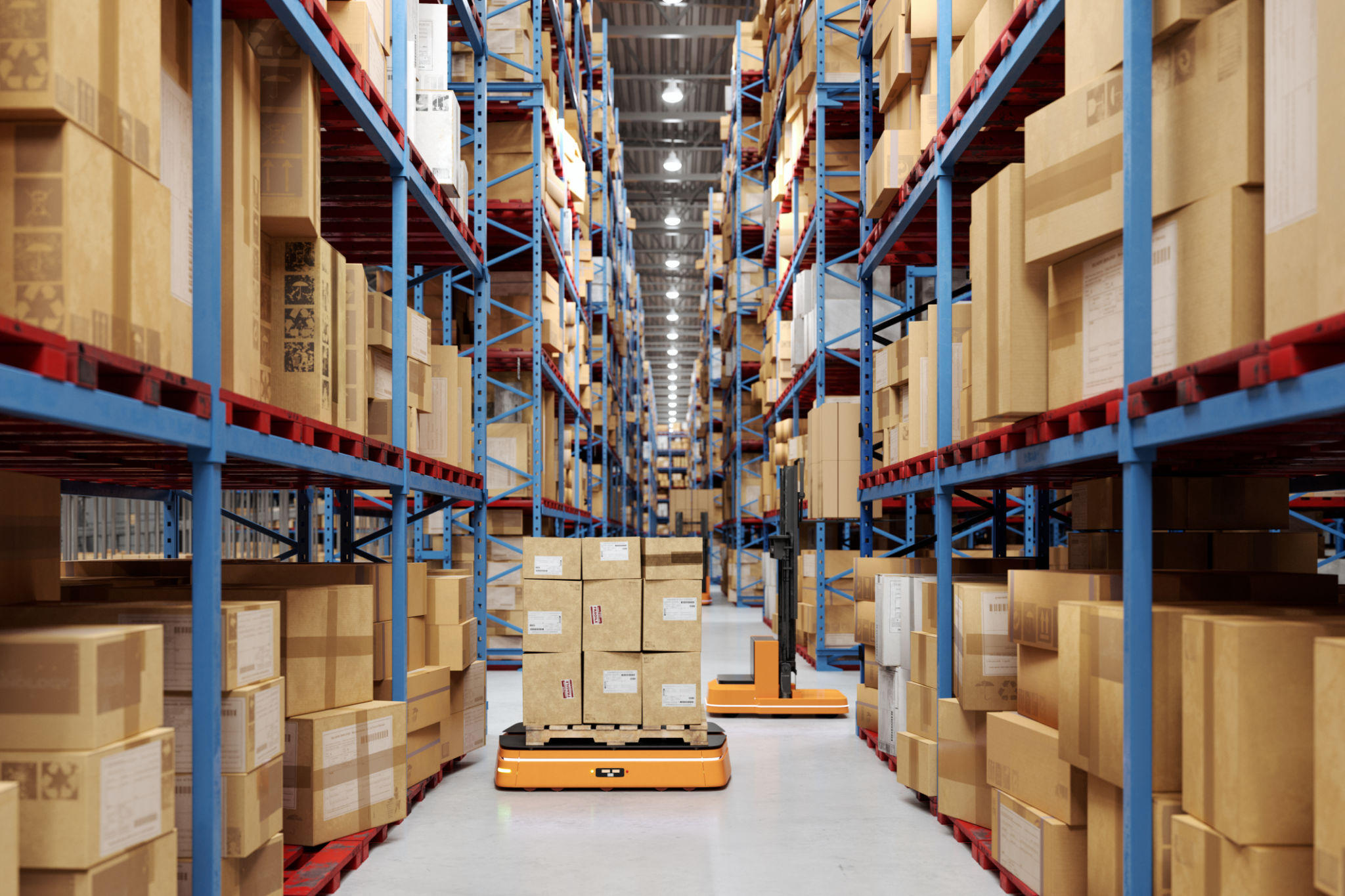How Machine Learning is Revolutionizing Robotics Automation in Malaysia
Introduction
Machine learning is rapidly transforming various industries worldwide, and one area where its impact is particularly pronounced is in robotics automation. In Malaysia, this technological evolution is creating exciting opportunities and driving efficiency across many sectors. The integration of machine learning with robotics is not only enhancing productivity but also paving the way for innovative solutions to complex challenges.

Enhanced Precision and Efficiency
One of the most significant advantages of integrating machine learning with robotics is the enhancement of precision and efficiency. Robots equipped with machine learning algorithms can perform tasks with high accuracy, reducing errors and minimizing waste. This is especially crucial in industries like manufacturing, where precision is paramount.
In Malaysia, companies are leveraging these technologies to streamline operations. For instance, in the electronics manufacturing sector, machine learning-powered robots are being used to assemble intricate components with remarkable precision, resulting in faster production times and improved product quality.
Adaptive Learning and Flexibility
Machine learning enables robots to learn from their environment and adapt to new situations, making them highly flexible. This adaptability is achieved through continuous data collection and analysis, allowing robots to improve their performance over time. In industries such as agriculture, this flexibility is particularly beneficial.

In Malaysia, agricultural robots equipped with machine learning capabilities are helping farmers optimize crop yields by analyzing soil conditions, weather patterns, and plant health. These robots can make informed decisions, such as the best time for planting or harvesting, ultimately boosting productivity and sustainability.
Cost-Effective Solutions
Implementing machine learning in robotics automation also offers cost-effective solutions. By automating repetitive and labor-intensive tasks, companies can significantly reduce operational costs. In Malaysia, this is proving beneficial in sectors like logistics and warehousing.
Robots equipped with machine learning algorithms are being used to manage inventory, sort packages, and even autonomously navigate warehouses. This not only saves time but also reduces the need for extensive manual labor, cutting down on costs and increasing efficiency.

Challenges and Future Prospects
While the benefits are substantial, the integration of machine learning in robotics also presents challenges. One of the primary concerns is the need for a skilled workforce to manage and maintain these advanced systems. In Malaysia, there is a growing demand for professionals with expertise in machine learning and robotics, highlighting the importance of education and training in this field.
Looking ahead, the future of robotics automation in Malaysia appears promising. With ongoing advancements in machine learning technology, we can expect even more innovative applications that will continue to revolutionize various industries. As Malaysia embraces this technological transformation, the potential for growth and development is immense.
